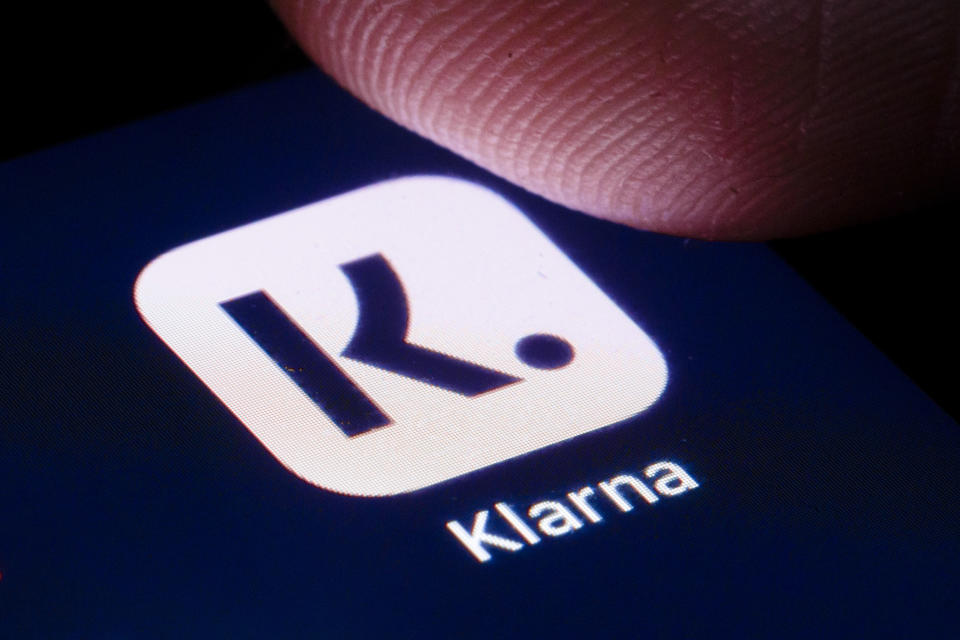Klarna’s $650m mega-round makes it Europe’s most valuable private fintech

Swedish payment and shopping service Klarna has become Europe’s most valuable private fintech after raising $650m (£505m) in its latest funding round for a valuation of $10.65bn.
The round was led by Silver Lake, Singapore’s sovereign wealth fund GIC, and funds managed by BlackRock and HMI Capital. They join current investors including Sequoia Capital, Bestseller, Dragoneer, and Commonwealth Bank of Australia.
Klarna said it will use the new funding to invest in its shopping service and grow its global presence, particularly targeting expansion in the US, where it said it now has more than 9 million customers.
Klarna offers an app-based “buy now pay later” service, allowing users to shop online and pay in interest-free installments, while Klarna pays the seller. Its competitors include Revolut, Checkout, US-based Affirm, and Australia’s Afterpay.
“The shift to online retail is now truly supercharged and there is a very tangible change in the behaviour of consumers who are now actively seeking services which offer convenience, flexibility and control in how they pay,” said Klarna CEO and co-founder Sebastian Siemiatkowski in the deal statement.
READ MORE: COVID-19 will permanently change how we shop, says Klarna CEO
The online lender, which has an EU banking licence and offers debit and savings accounts in Germany and Sweden, said it has more than 90 million global consumers and 12 million monthly active users of the app.
“Klarna is one of the most disruptive and promising fintech companies in the world, redefining the ecommerce experience for millions of consumers and global retailers, just as ecommerce growth is accelerating worldwide and rapidly shifting to mobile,” Silver Lake chiefs Egon Durban and Jonathan Durham said in a statement.
The company, which was founded in 2005, raised $460m in its previous round in August 2019, which valued it at $5.5bn.
Chief executive Siemiatkowski told Reuters last month that the value of transactions on its payment platform surged by 44% in the first six months of the year — the bulk of that in the US — as the coronavirus pandemic pushed shoppers online.
Siemiatkowski also told the news agency that the company was considering an IPO within one to two years, and would likely list in the US.

 Yahoo Sport
Yahoo Sport 





































